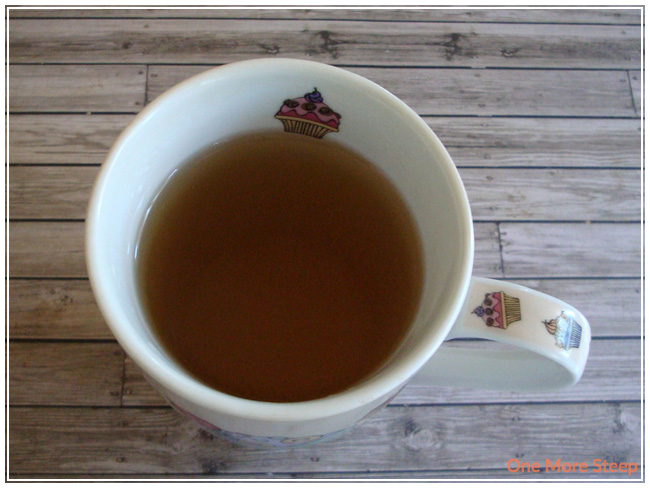Don’t you hate it when you’re making a cup of tea that smells amazing, but when you take a sip and it’s bitter? Bitter tea is the worst! Tea becomes bitter due to tannins from the tea leaves. Tannins are a naturally occurring chemical that is found in tea leaves, among other plants. Tannins are also responsible for that puckering feel you may experience in your mouth with some teas (and wines as well).
Now how that does that result in bitter tea? Tannins are released when you are steeping your tea. This can be due to one of two reasons:
- The temperature of water you are using is too high for the type of tea you are steeping, or
- You are steeping the tea for too long.
Any of these reasons can result in more tannins being released into your cup of tea. This is one of the reasons why it’s so easy to wind up with a cup of bitter white or green tea – the water temperature is too high or you’re steeping it for too long (or both!). That isn’t to say that you can’t have other bitter teas, because you can definitely wind up with a cup of bitter black tea if you’re not careful as well. I burn my green teas on occasion, even if I’m careful, and find up with a bitter cup from time to time.
If you are steeping a cup of tea with a tea bag, it will be done a lot faster than a similar tea that is in loose leaf form – the tea in tea bags is typically much smaller tea leaves pieces (often referred to as ‘fannings’ or ‘dusts’) which results in a higher surface area and overall less time to steep a cup of tea.
You can play around with steeping times quite a bit to troubleshoot your tea. If the recommendation is to steep for 3-5 minutes and you find 5 minutes results in a bitter cup, opt for 4 minutes the next time you try the same tea. Quality of water also plays a role in the taste of the tea – if you live in an area with hard water, it might be a good idea to try filtered water to see if that helps improve the tea.
If you have any tips on making a better cup of tea, leave them in the comments below!
